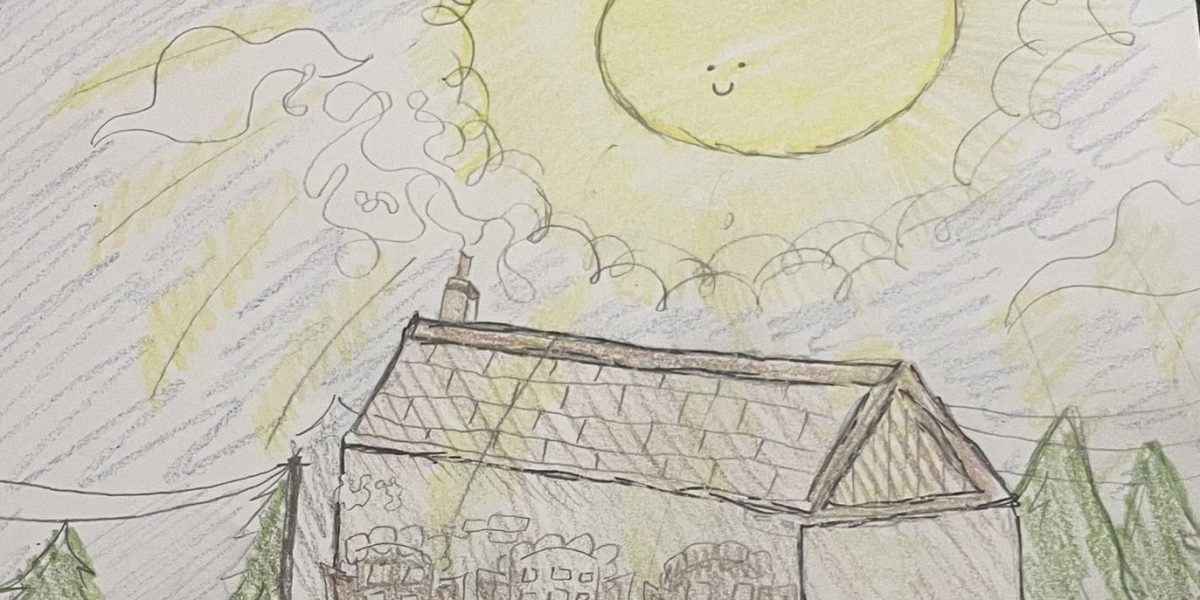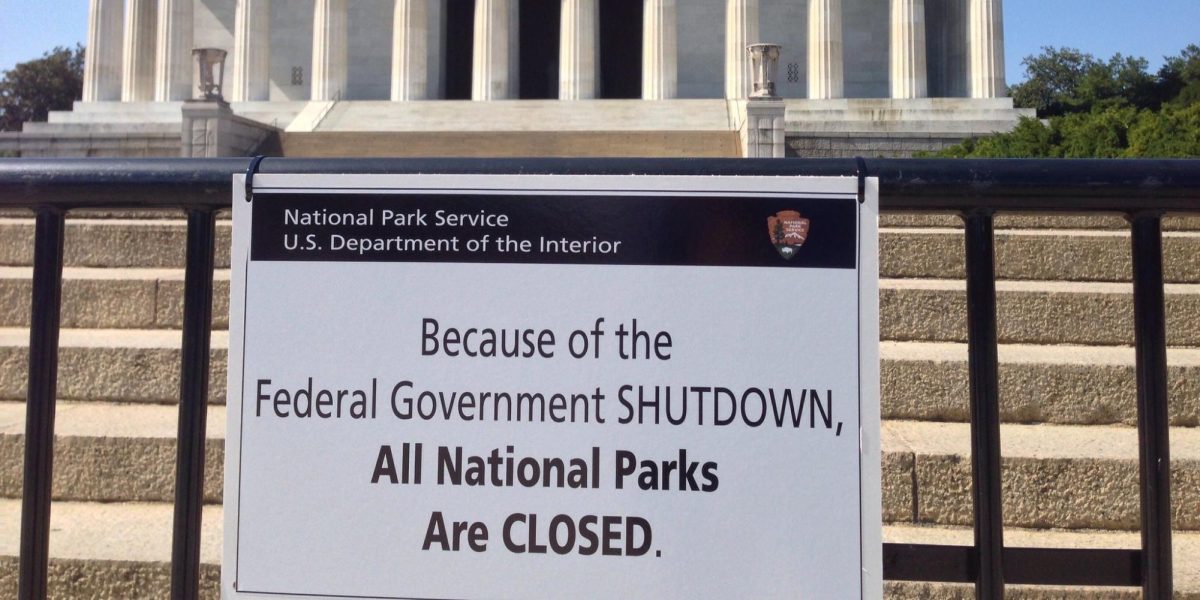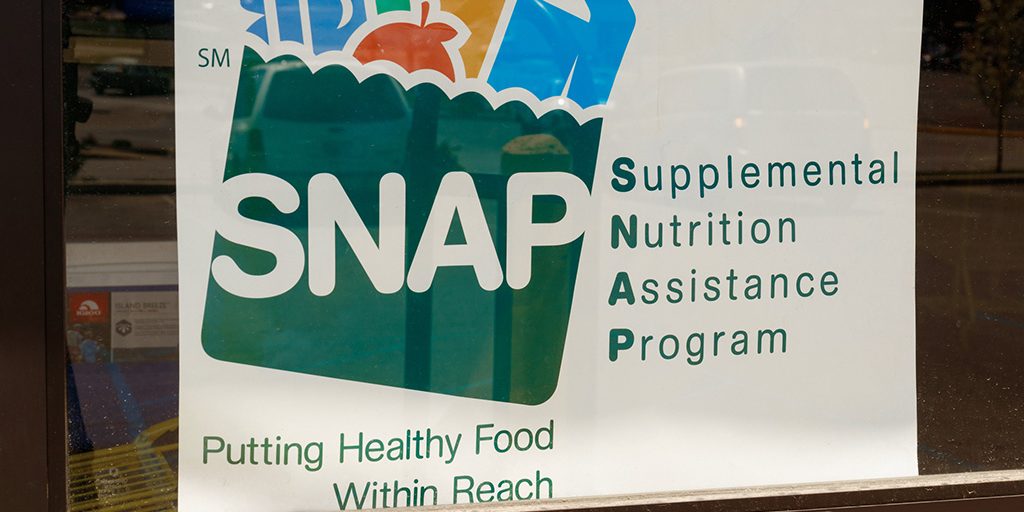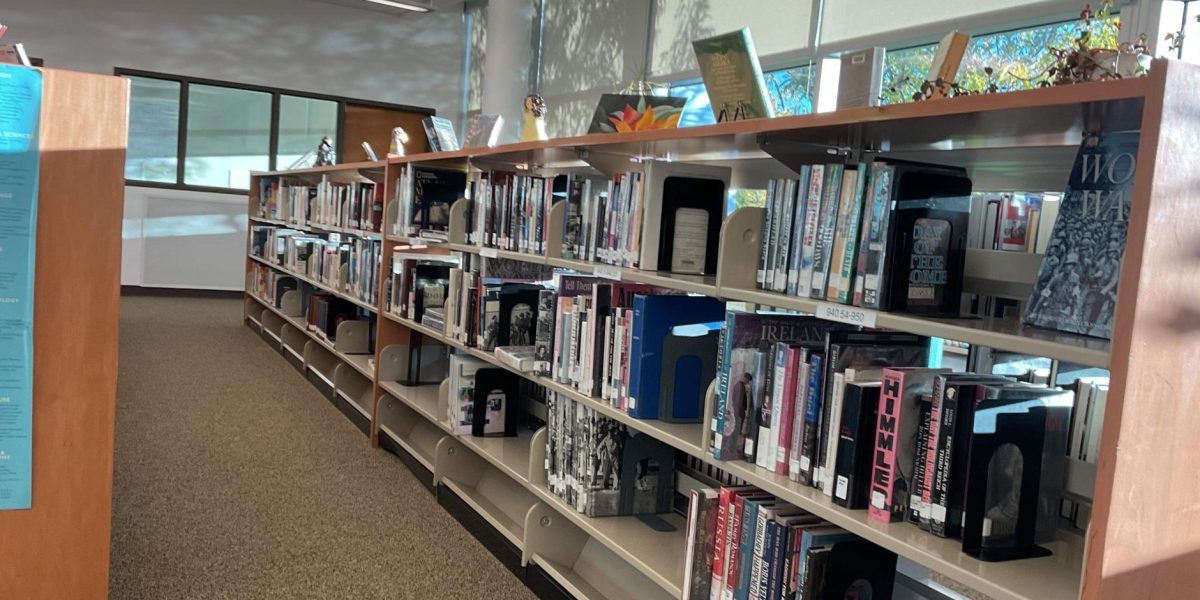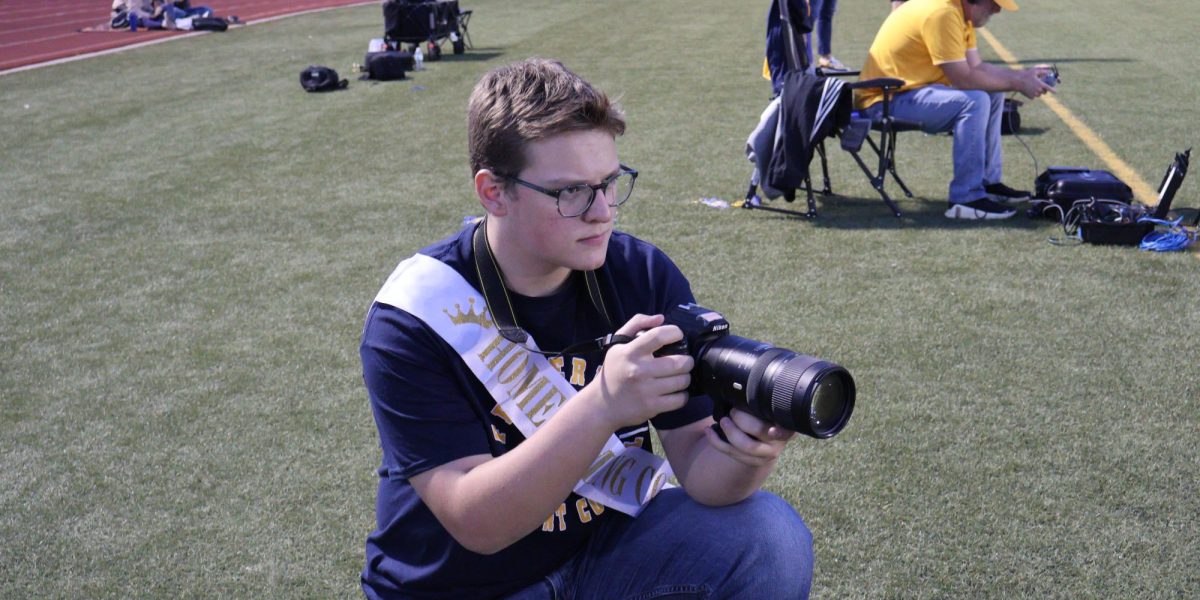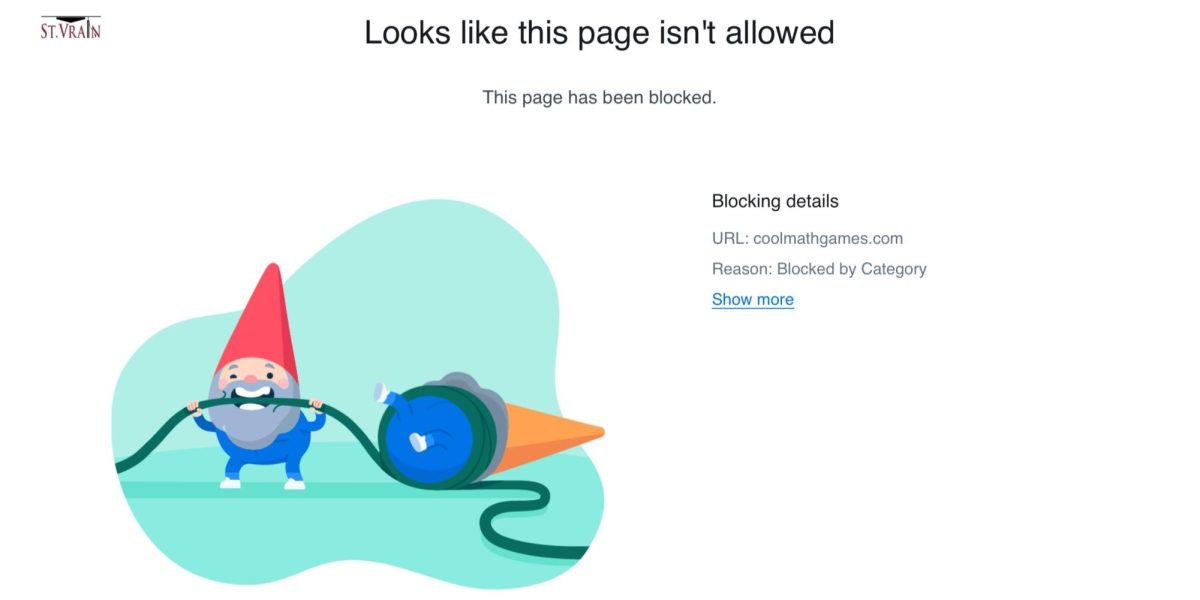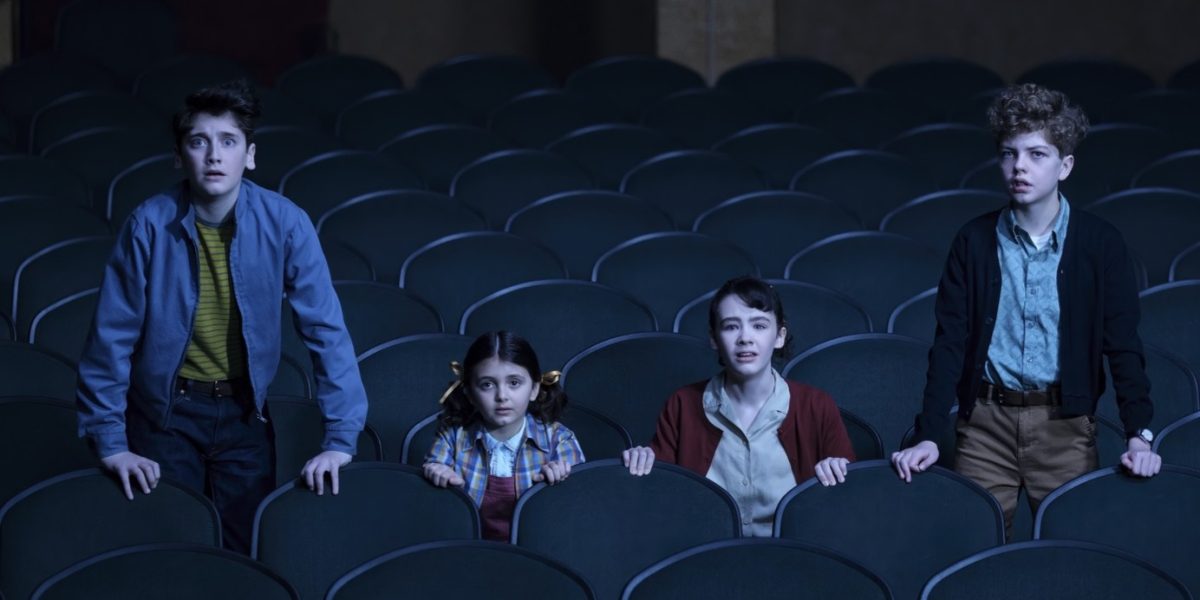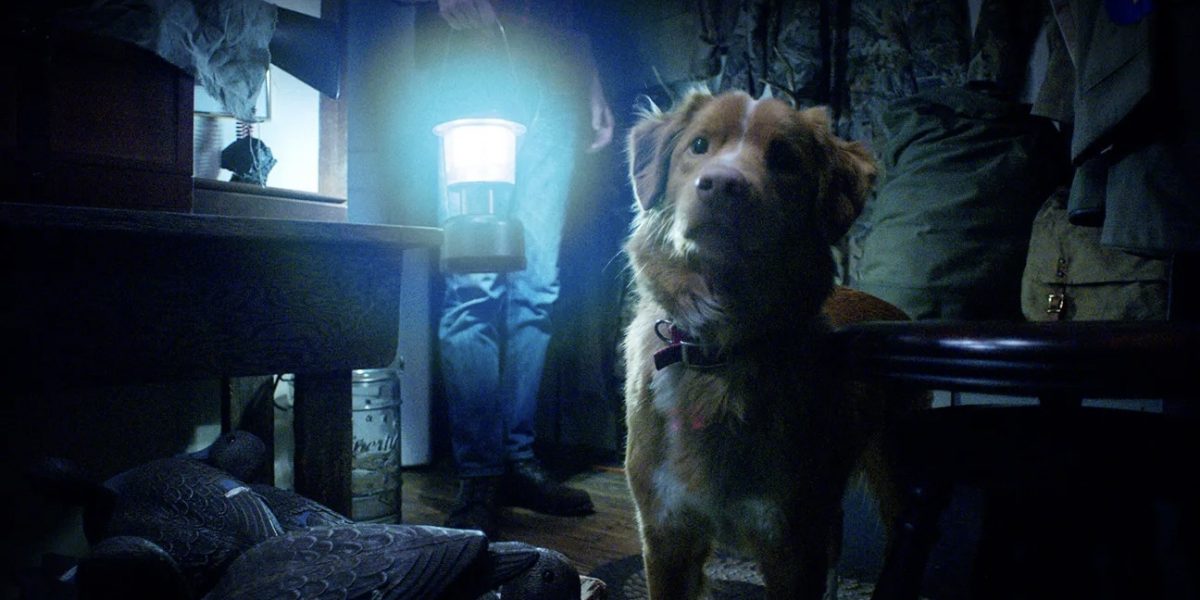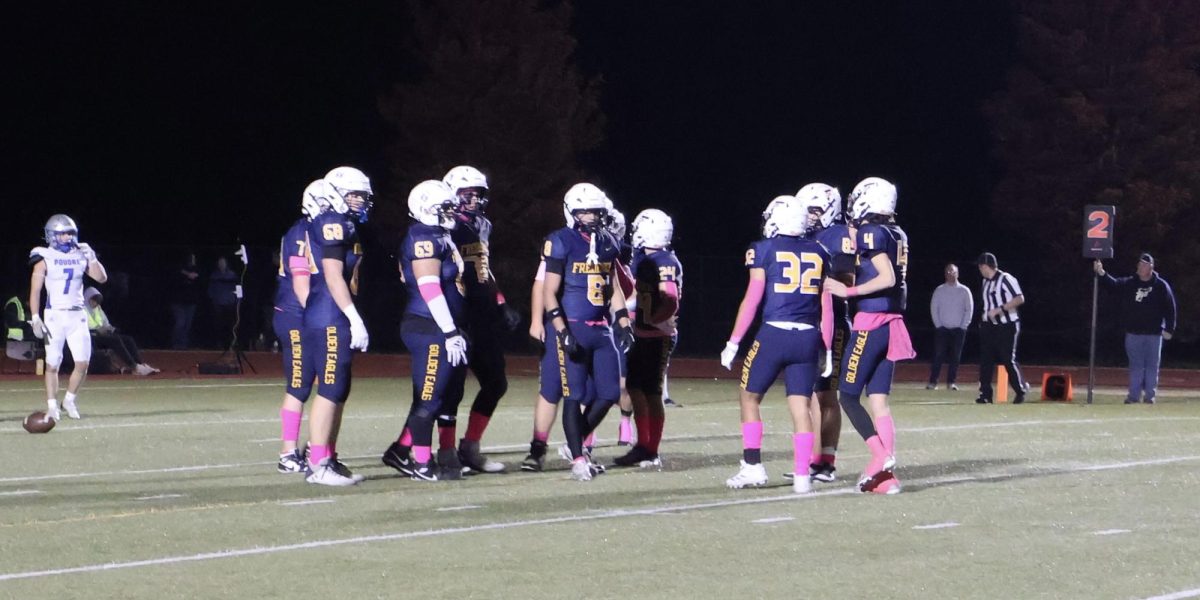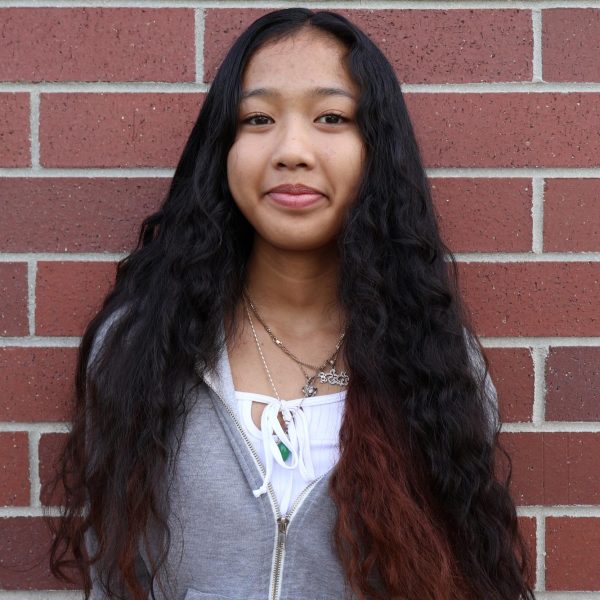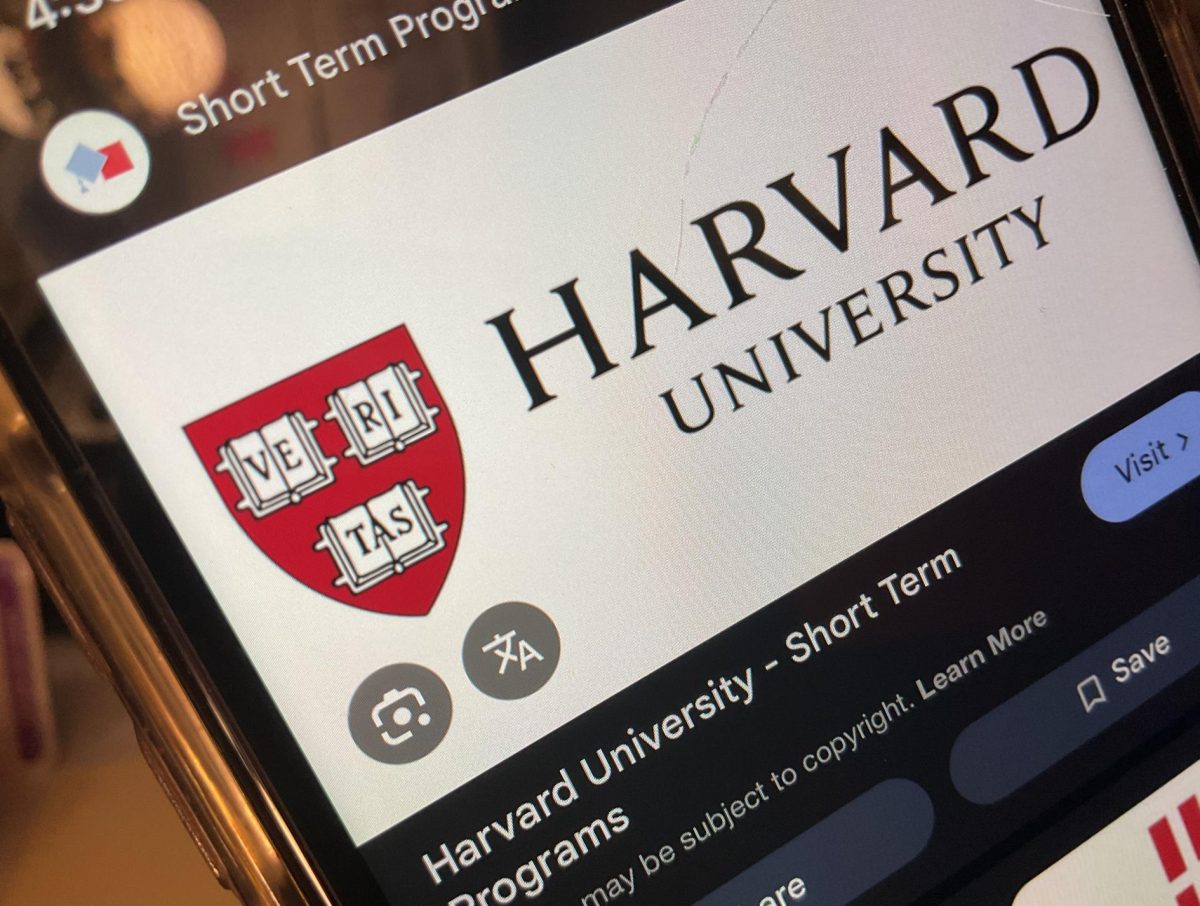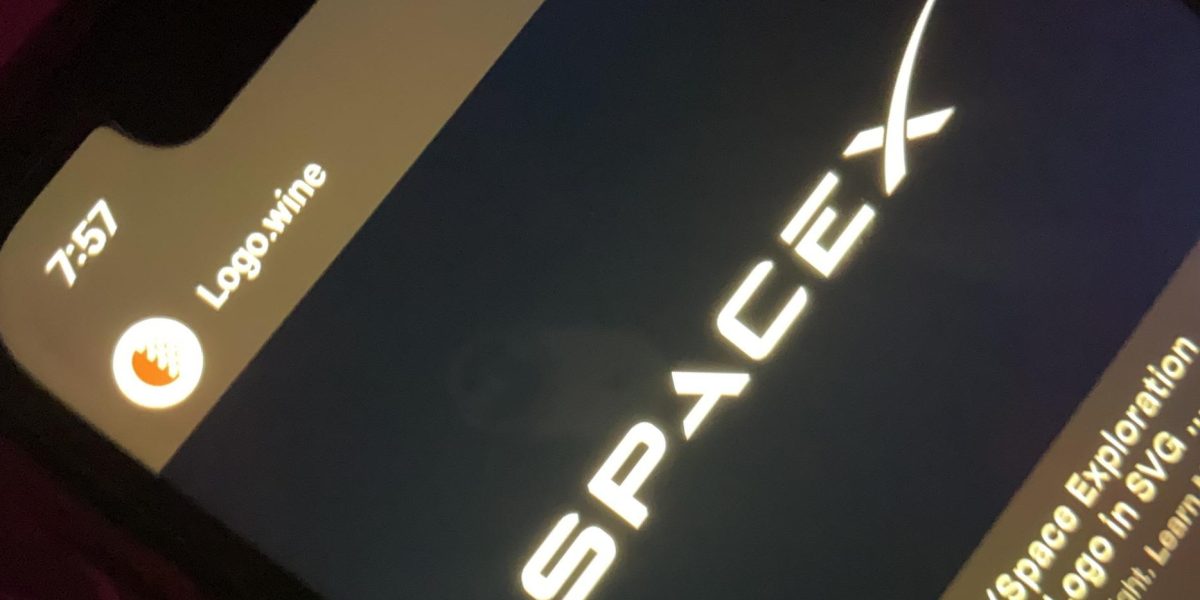Many schools all around the world do something called sustained silent reading (SSR) or DEAR (Drop Everything and Read.)
Sustained silent reading is when there is a daily period where students all around the school stop everything that they are doing, and they read a book of their choice for at least 20 minutes. This is sustained because it happens consistently and is not just for longer sessions per week.
Some schools could have a specific time period where as soon as the bell rings, they will expect to have a book of interest in their hands, and the students, teachers, and everyone just start reading.
Students are able to pick books of their own interests, which can include fiction, nonfiction, magazines, or comics.
Not every school calls this Sustained Silent Reading (SSR). Some schools call this DEAR, which means Drop Everything and Read.
Schools all around the world often support the SSR because they are ensuring the access to a variety of books and creating a comfortable, quiet reading space to minimize distractions to the students.
Frederick High School does not do this sustained silent reading thing and should keep it that way.
SSR can be good in some ways, but there are negative things to this, which is why Frederick High School shouldn’t do it.
This silent reading can be ineffective, especially for those who struggle with reading, because it lacks accountability, teacher guidance, and strategies to ensure students choose appropriate books to read.
When students choose their own books to read, they will usually pick books that are either too easy or too difficult for them to read, which can lead to frustration or boredom instead of skill development.
This does not mean that reading independently is bad, but the students who are good readers tend to read more during independent reading time than struggling readers.
Most people have also said that this doesn’t work, and many schools have abandoned this practice.
At Frederick High School, our schedules are pretty full. Silent sustained reading can affect our schedule.
Students are used to the normal time schedule; with it being changed, that can affect how students do things, and it will take time to adjust to the new schedule since they are so used to the old one. The scheduled time periods can be reduced by a few minutes.
We also have late starts and advisory days. With SSR, that can affect those days for students and teachers because on late starts, classes are only a few hours long instead of the full 7-hour school day. On advisory days, the classes are also shortened; even though we are there the whole day, it can still affect how we do things on those days.
The schedule changes can also affect teachers because it will take them some time to adjust to the new schedule, and they would have to adjust their learning lessons so that they are able to do that lesson during that time period.
Some students here at Frederick High don’t really like to read, so if they were to have to do this silent reading thing, they could probably not gain anything from it because they would pick things that are either too easy for them or too difficult for them to read.
During the silent reading time, students are not allowed to work on other things such as homework, missing assignments, etc. They are expected to read for the full 20 minutes straight.
Some of the students here at Frederick High School have off blocks where they are able to just have a break from classes. Some of those students like to work on missing work or homework that they need to complete because they didn’t have time to complete it at home or in class. With this reading time, it could affect how much work they get done.
Not only can it affect students, but it could also affect teachers too. Teachers who have planning periods are also supposed to read during those 20 minutes. Those 20 minutes can affect the teacher’s planning time because they could not have enough time to be able to plan, and they could fall behind on schedule.
Overall, Frederick High School should not bother doing the SSR because it can cause many differences to students, teachers, schedules, etc.

